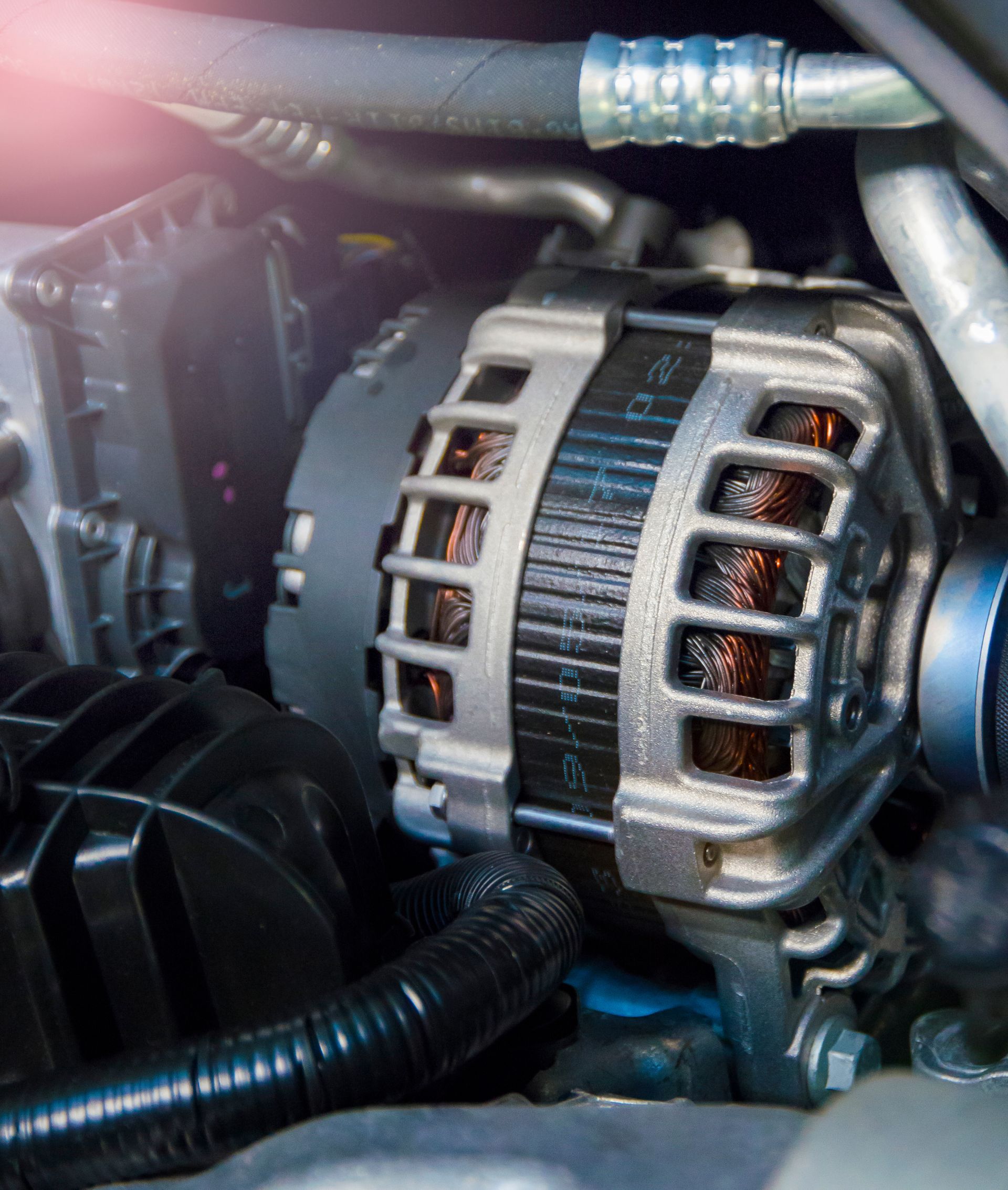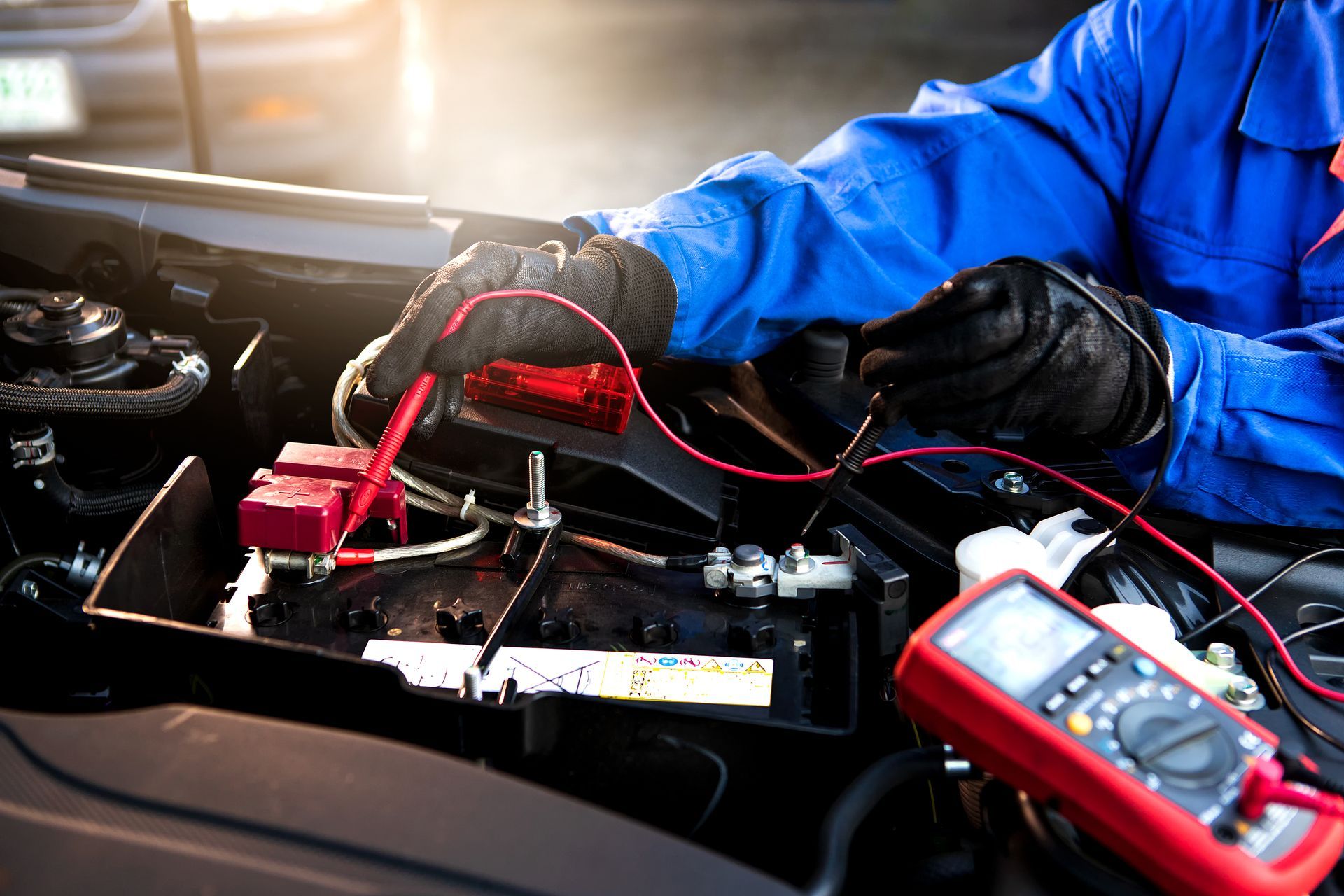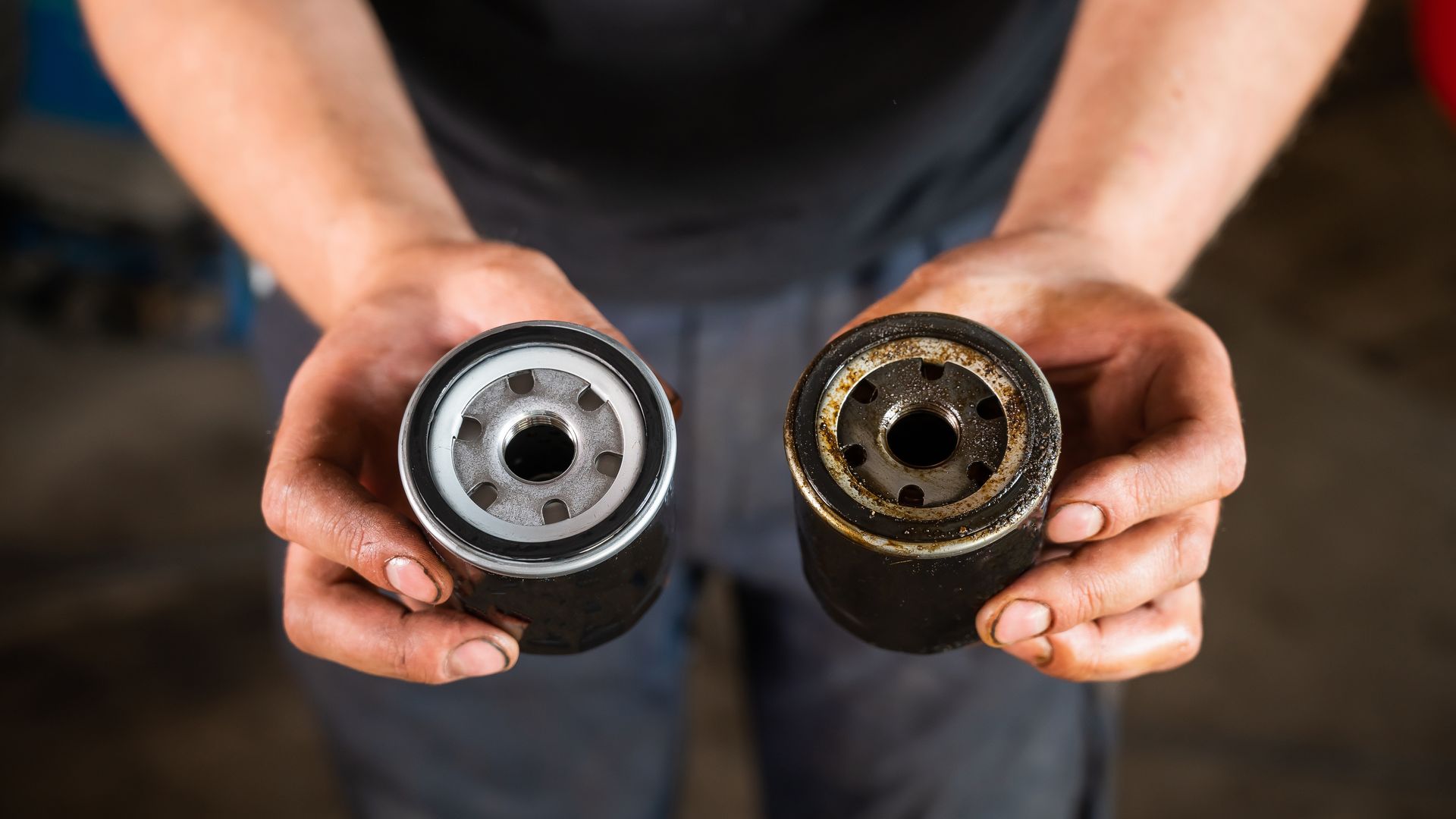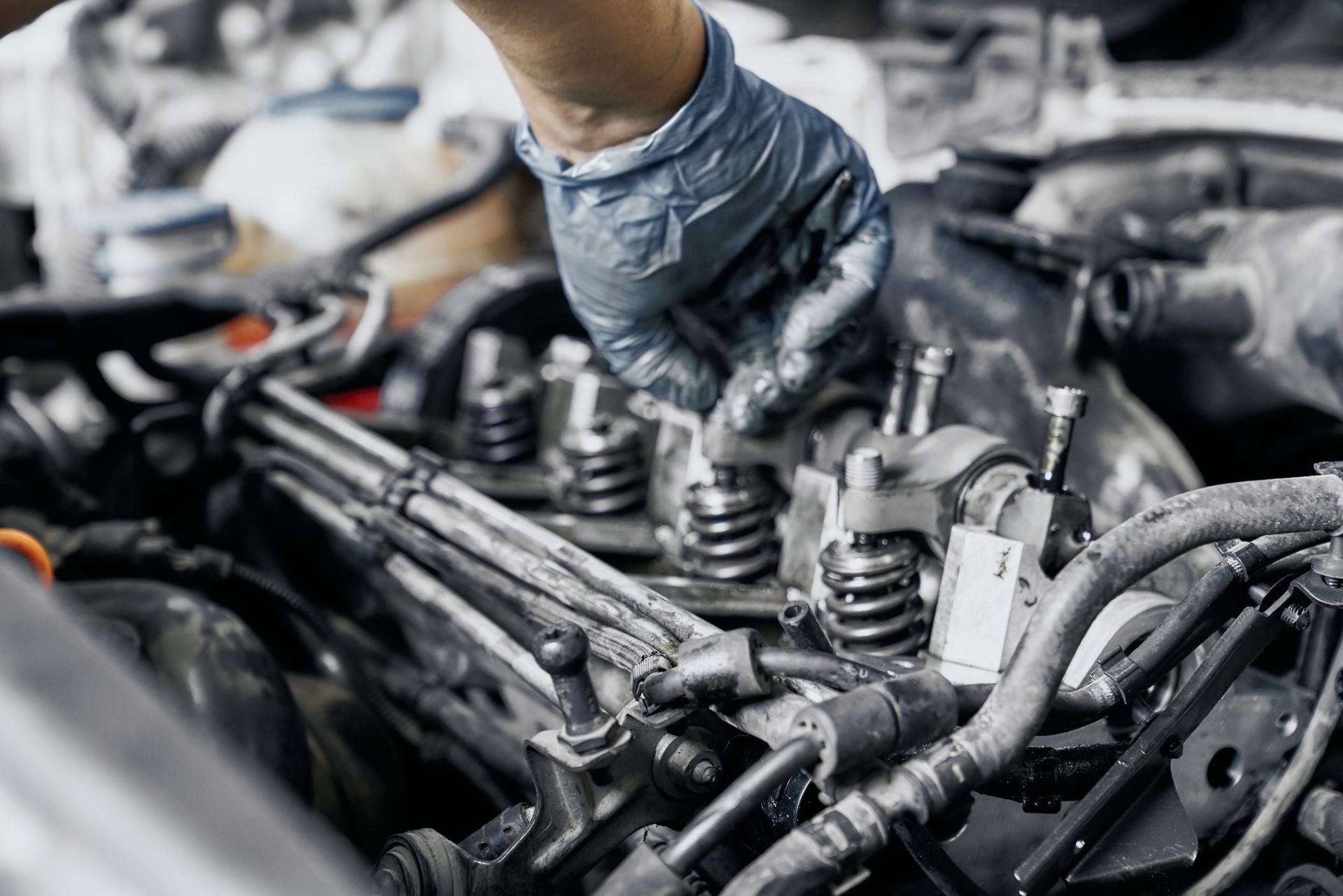Understanding Diagnostics: What Every Auto Repair Customer Needs To Know
As a car owner, it’s not uncommon to deal with sudden issues that arise occasionally. Whether it’s an unusual sound from under the hood, a warning light on your dashboard, or something else, it can be frustrating to know what’s wrong; this is where diagnostics comes into play. Diagnostics is essential for any auto repair shop; it can identify and fix issues quickly and efficiently. We’ll explore what diagnostics is, how it works, and why it is crucial for auto repair customers.
What Is Diagnostics?
Diagnostics is determining what’s causing a problem in your car. This process involves using specialized equipment and tools to diagnose and identify the issue. These days, most modern vehicles are equipped with onboard computer systems that monitor various aspects of the car’s performance. When something isn’t working as it should, the computer system will send a signal, triggering a warning light on your dashboard. During diagnostics, trained technicians will connect the car to a diagnostic tool to read these signals and pinpoint the issue.
How Do Diagnostics Work?
Once your car is connected to the diagnostic tool, it will run a series of tests to determine what is wrong. These tests might involve looking at your car’s sensors, checking the voltage of your battery or alternator, or scanning certain parts of your engine to see if they’re working correctly. Based on the test results, technicians can pinpoint the problem and provide you with an accurate diagnosis.
Why Is Diagnostics Crucial For Auto Repair Customers?
Diagnostics are crucial for auto repair shops and customers because they save time and money. By identifying the root cause, technicians can fix the problem more quickly, reducing the time you’ll need to spend without your car. Plus, diagnostics can help prevent more significant, costlier issues. With the help of diagnostics, technicians can catch issues before they worsen, prolonging the lifespan of your vehicle and saving you from more extensive repairs.
What To Expect During A Diagnostics Check
When you bring your car in for diagnostics, the auto repair shop will walk you through the process. They’ll connect your vehicle to the diagnostic tool, review the results with you, and provide you with an estimate of the costs associated with fixing the issue. Remember that diagnostics doesn’t always precisely reveal what’s wrong with your car. Sometimes, a diagnostic check will raise more questions than answers. In these cases, your technician may have to dig deeper or follow up with additional tests before providing you with an accurate diagnosis.
Diagnostics is essential for every auto repair customer. It allows for quick and accurate identification of issues, reducing repair time and costs. When bringing your car in for diagnostics, communicate your concerns to your technician. A clear understanding of the issue and process can ease any worries. With diagnostics, you can be confident that your car is in good hands and on the road to recovery.







